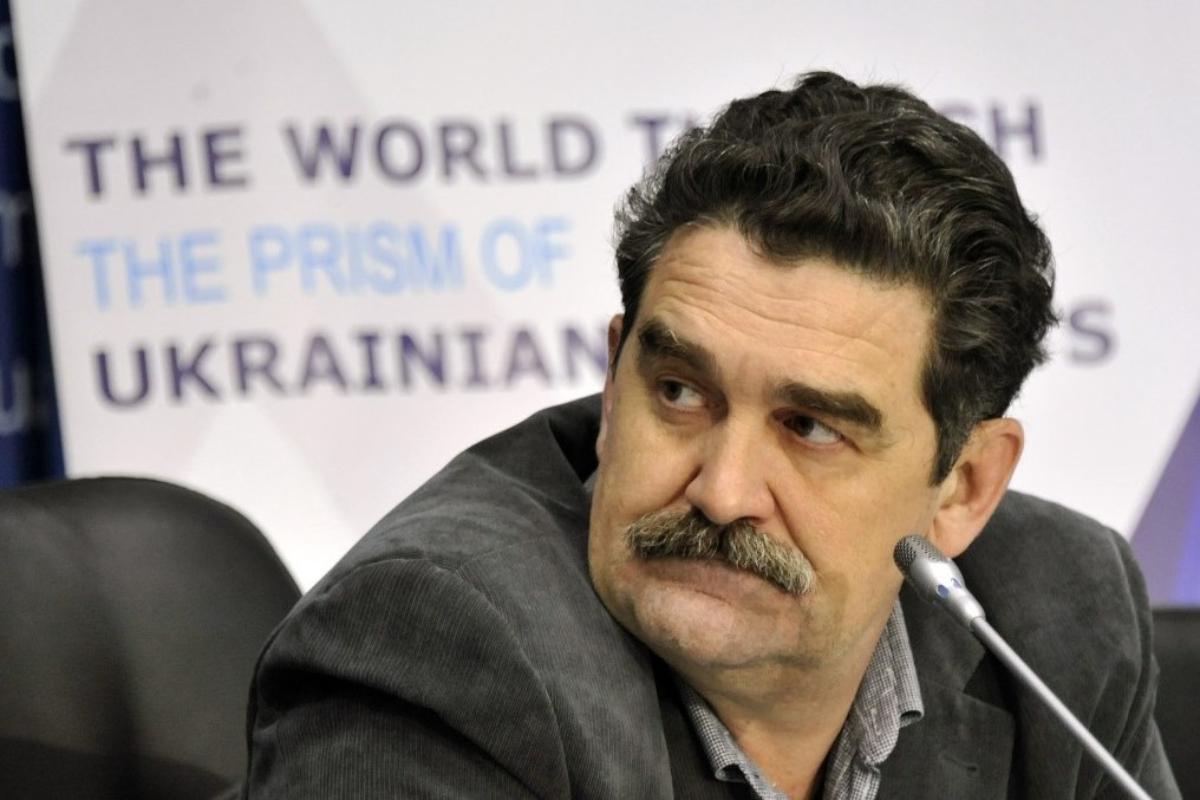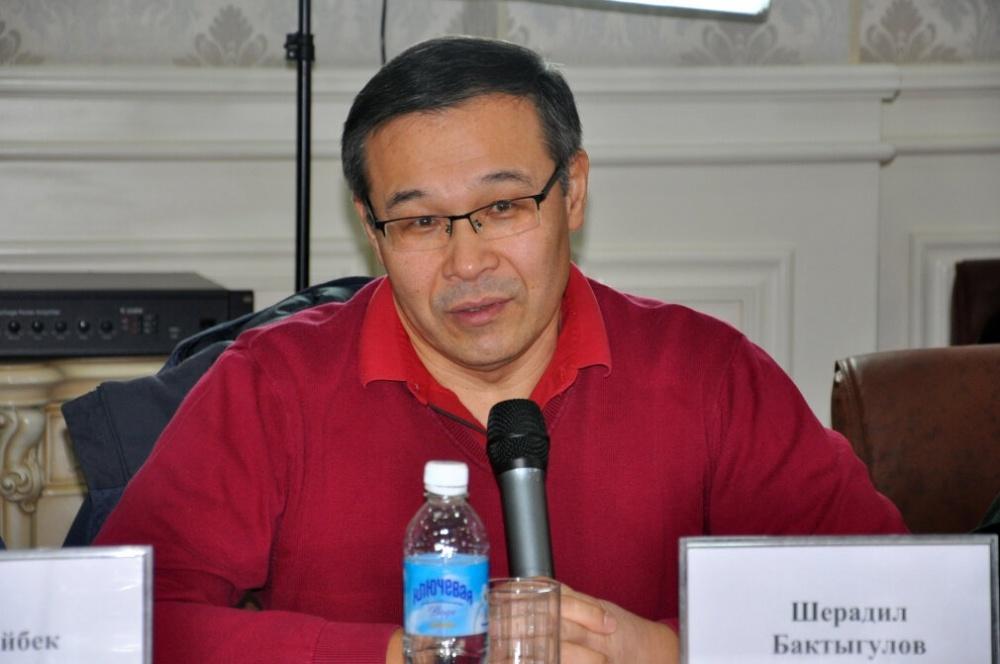Where would third political force emerge in Armenia? Expert opinions on Caliber.Az
Recently, online polls have been periodically organized on Armenian Telegram channels, which have quite a large audience, aiming to reveal the mood of Armenian society regarding current political processes and preferences. One of such polls was organized a few days ago by Verelq.am.
Summarizing the results, the experts of the publication state: the thesis that the majority of the society sees the need to form an alternative - third force is confirmed, and this fact is reflected in the aforementioned survey.
Of course, online surveys cannot fully reflect the current state of affairs, but if the number of respondents exceeds 26,000, the data obtained can probably be trusted.
The 4 per cent of votes gained by the camp of Armenia's first President Levon Ter-Petrosyan are static and constitute the unchanging core of his supporters who do not betray the Armenian National Congress (ANC).
As for the second President Robert Kocharian and the "Armenia" bloc headed by him (7 per cent), it should be stated that despite being represented in the parliament, there is a certain discontent in the society related to the latter's activity in the opposition field. It should be noted that the bloc also includes the Armenian Revolutionary Federation (ARF) "Dashnaktsutyun", in the ranks of which Ishkhan Saghatelyan, who has been actively opposing Nikol Pashinyan for the last two years, was the most active.
Despite the fact that recently the third President Serzh Sargsyan has become noticeably active, periodically gives short interviews in the courtyard of the court, organizes meetings with the youth activists of Republican Party of Armenia (RPA), nevertheless, he has not yet managed to register a significant growth of the rating, and this is also reflected in the results of social polls - only 2 per cent.
The 5 per cent gained by the ruling "Civil Contract" according to the results of the opinion poll best reflects the dissatisfaction of the majority of the society with the internal and external policy of the ruling team, the "surrender of Karabakh" (quotation marks - Ed.), the failure to fulfill promises made and the imitation of the fight against corruption.
As for about 24 per cent of the undecided, it should be noted that these citizens probably do not see themselves in the "former-now" discourse and, in case of forming a serious alternative political proposal, will be more inclined to favor new persons and new political forces.
This and a number of other recent surveys reveal the expectations of the majority of the Armenian society - there is no doubt that about 83 per cent of the population does not trust either the representatives of the former authorities or the current political team, and such a record level of distrust towards the current players on the field can be confidently referred to the category of political nonsense.
According to Armenian experts, it is obvious that the society wants to see a new, third force with new faces, new ideas and programs in the arena. Only in the case of the formation of such a force will it be possible to talk about the consolidation of various layers of society and coping with the challenges facing Armenia.
All this, of course, is impressive, but it immediately raises a very logical question - who are these "new faces, third force", etc.? Where would they come from? For more than three years after the war, Armenian society has somehow failed to give birth to a "new political force" in its depths, which would somehow manifest itself visibly and gain some tangible number of supporters. It turns out that the authors of the study state that yes, there is no such force, but the society needs it. Good, but is there any reason to think that such a force can appear in the near future? From what part of Armenia's political field? If yes, then (and this is what we are most interested in), will this force be willing and able to build normal relations with neighboring states?
Famous foreign experts shared their opinion on this issue with Caliber.Az.

According to Igor Semivolos, Director of the Center for Middle Eastern Studies in Kyiv, the search for a third force in politics is a fairly common phenomenon, especially when it comes to difficult times.
"The high level of distrust in former and current politicians indicates crisis phenomena, and society needs new approaches and sometimes new ideas. However, this is in theory. In practice, it is difficult for new ideas and approaches to break through, especially in conditions when disappointment reigns in society and the population is in frustration," the analyst said.
According to him, it is difficult to say whether the Armenian political class will be able to adequately respond to such a challenge.
"Moreover, there is, by and large, no request as such, clearly formulated and articulated. There is only dissatisfaction.
If we talk about new personalities, they usually emerge within the ruling group as an alternative to the existing course. I personally do not see such politicians yet, but we can assume that as the public discussion around the future unfolds, they will certainly appear," Semivolos concluded.

In his turn, Sheradil Baktygulov, an independent political analyst based in Bishkek, noted that the respondent base of 26,000 survey participants with less than three million people in Armenia is a serious indicator and may well claim to reflect the real mindset in this country.
"By these figures one can feel the "fatigue" of the population from the current politicians. About 49 per cent of voters, or 1,281,911 people participated in the June 2021 early parliamentary elections in Armenia. The voters who casted their votes are the backbone or electoral base of the parties running in the parliamentary race. And the people who did not show up at the polling stations are those who took part in the survey, and to the surprise of the participants of the political process in Armenia, they turned out to be more than the supporters of this or that party.
It is appropriate to recall here that a part of the participants of the parliamentary elections did not agree with the results and applied to the Constitutional Court with a petition to recognize the results of the elections invalid. However, in July 2021, the Constitutional Court of Armenia decided to leave the results of the June 20 elections unchanged.
In July of the same year, an article was published in Poland, which claimed that influential businessmen and oligarchs in Armenia manipulated decision-making processes in their favor and that the Second Karabakh War and the political crisis in Armenia shifted the attention of the Armenian public from electoral corruption to the failure of Nikol Pashinyan.
Therefore, that part of the Armenian society, which did not participate in the elections, understands the theatrical nature of the electoral process. These are just the people who understand that the current political elites are not able to offer a new vector for the development of Armenia and do not want to participate in another political performance. They are waiting for changes, they are waiting for real reforms. However, there is not much. Some people's expectations were related to Nikol Pashinyan when he first headed the government of Armenia in 2018. It is not possible to confirm that people have started to live better - expectations have not been met," Baktygulov said.
“Therefore, the results of the survey are interesting - there is a high level of demand for a new political agenda in Armenian society, while politicians are unable to formulate it,” he pointed out.
"This serious gap can become a constant source of political crises, as interested politicians will regularly press this pain point of the Armenian society. Until today, neither a domestic nor a foreign policy agenda that would suit Armenian citizens has been presented. If Armenia cannot develop a policy on its own, other states, such as France, will do it for it. It is not certain that such a policy will meet the interests of the Armenian people," the analyst concluded.








